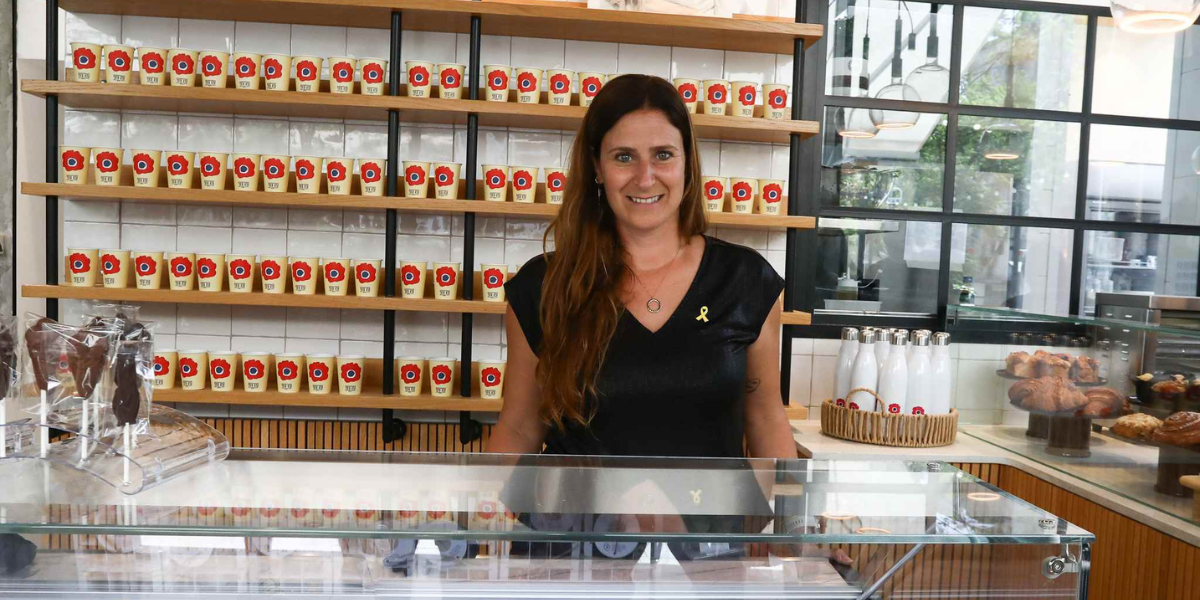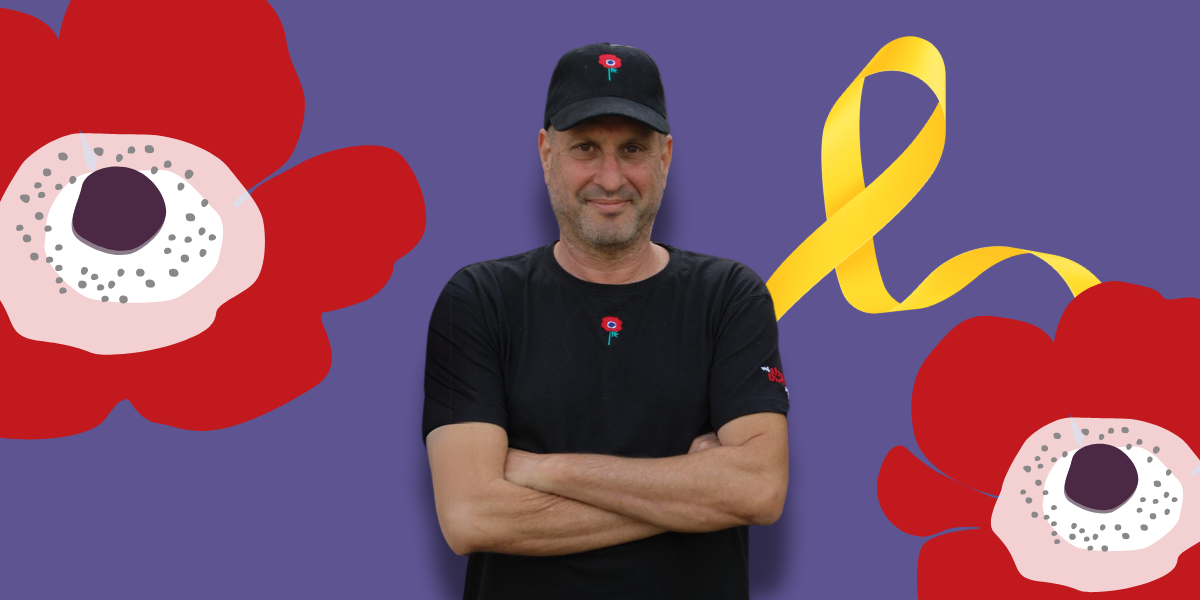Israeli Scene
New Cafes Offer Pastries and Purpose for October 7 Survivors

Thousands of displaced Israelis from the Gaza envelope region—Otef Aza, in Hebrew—report finding little reason to get out of bed every morning. The events of October 7 continue to leave them grieving and often unable to work.
In response, a group of entrepreneurs led by restaurateur Tamir Barelko dreamed up an antidote: Café Otef, a series of pop-up coffee shops—some of which may become permanent businesses—selling a side of hope along with lattés, pastries and sandwiches.
Raising seed money from banks, corporations, nonprofits and crowdfunding, Barelko helped recruit professionals to train members of affected communities to run the cafes, whose profits will benefit those displaced residents.
The first, launched in May, is Café Otef-Netiv Ha’asara, a pop-up in donated space at Tel Aviv’s Sarona Market. The shop is run by displaced residents of Netiv Ha’asara, where 20 people were murdered on October 7 and more than 1,000 evacuated.
Café Otef-Re’im opened next, headed by Reut Karp, ex-wife and business partner of chocolatier Dvir Karp, one of seven Kibbutz Re’im members killed on October 7. This location, in Tel Aviv’s Florentin neighborhood, sells Dvir Chocolates as well as standard coffee shop fare, and will remain open after its original pop-up window.
For the displaced, “I understood the main issue is community,” said Barelko, who has 35 years of experience running food and beverage chains in Israel and abroad. Finding employees and getting them to work well together is usually difficult in this business, he added, but “here, everyone knows each other already, so it becomes very easy to build a team.”
The cafes give evacuees a purpose, an income and an opportunity to interact with others and tell their story. “Building a brand takes a long time,” he said, “but when you come with a story like what happened here, it spreads fast, and people want to support it.”

Each location will sell creations from its own community members—from the Dvir Chocolates to wines, jams, flowers, T-shirts, ceramics and more. There are plans for six additional Café Otef branches, including one supporting displaced residents of Kiryat Shmona on the Lebanese border. The goal is to locate these outlets as close to the original towns as possible in the hopes of making them permanent once residents return home.
Now, Barelko is fielding inquiries from Jewish federations in the United States about opening branches, staffed by displaced Israelis, in American cities. Selling mostly merchandise rather than food, the first such shop is likely to be a Netiv Ha’sara pop-up in New York City.
“Big things,” Barelko said, “start with small ideas.”








 Facebook
Facebook Instagram
Instagram Twitter
Twitter
Leave a Reply